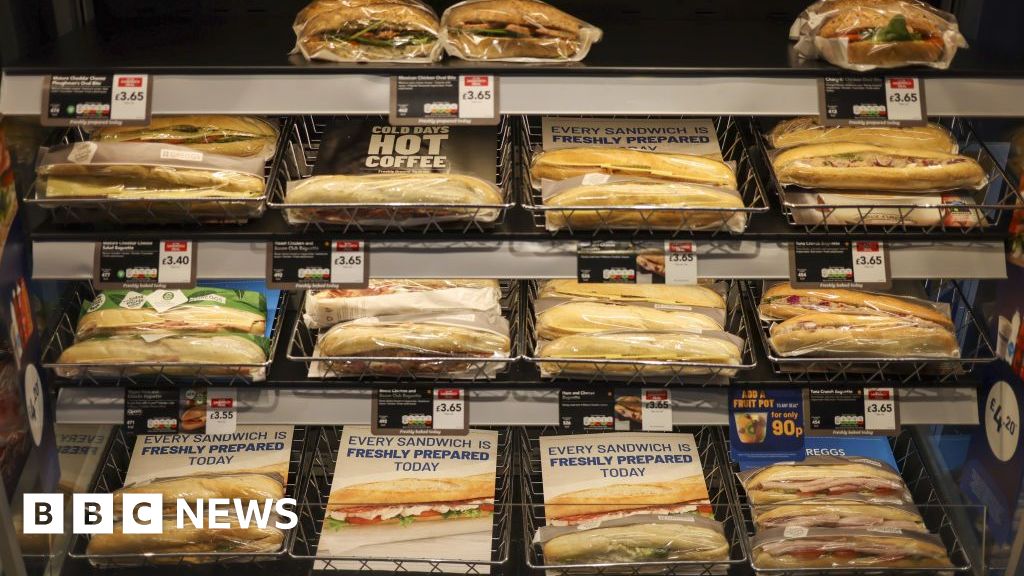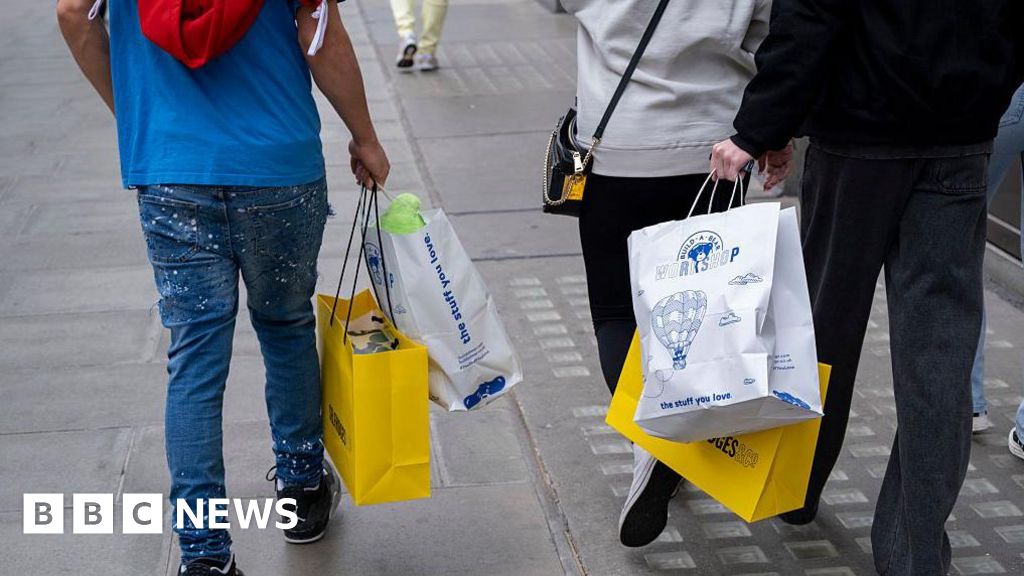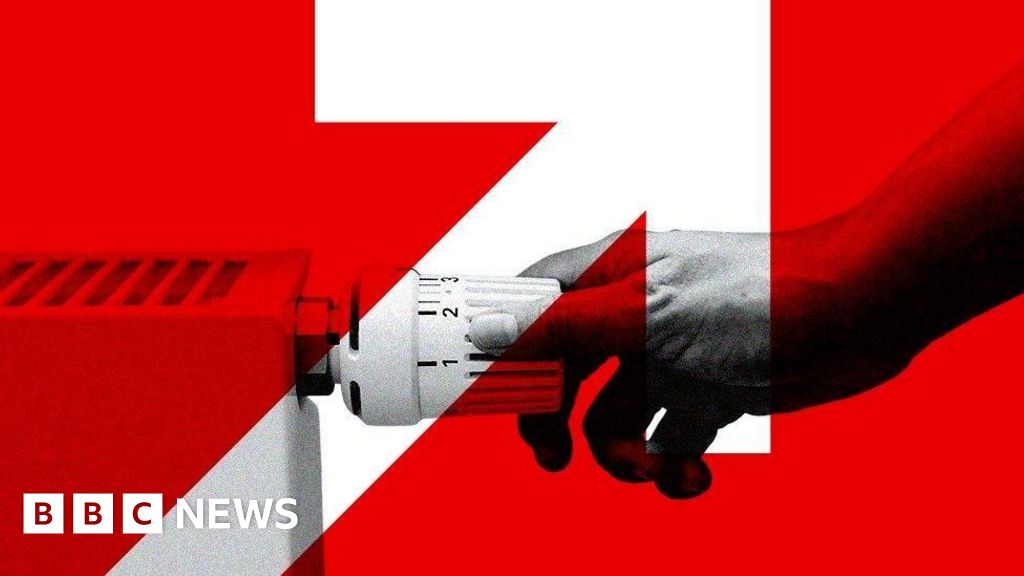ARTICLE AD BOX
By Monica Miller & Derek Cai
BBC News, Singapore
Jia Ruiying, owner of Singapore's only Russian supermarket, outlines the economic effect of the Ukraine conflict on her business
Jia Ruiying moved to Singapore more than two years ago to set up a business. Then the Covid pandemic hit.
Now - as the owner of the country's only Russian supermarket - she is facing a whole other set of challenges.
Russian Supermart, which stocks a range of food and drink from across Eastern Europe, hasn't had a shipment since four days before Russia launched its attack on Ukraine on 24 February.
"Our products from Ukrainian suppliers will likely stop," says Ms Jia. It comes at a time when many ex-pat Eastern Europeans are looking for a bit of comfort amid a harrowing situation at home.
"When the war started, a lot of Ukrainians, Russians and Belarusians panicked and came to my store, afraid of not being able to get the food they want for their families here, " she says. "So they bought a lot of these items from the store and stocked up at home."
As a result of the conflict, she is now planning to diversify her supply chain "to more places in Eastern Europe to avoid any delays in product shipments due to the Russian-Ukraine war".
On top of this, the decision by Western allies to cut some Russian banks out of the Swift international payment system is making it hard for both her and her customers to pay their bills.
"Some of customers are having difficulties withdrawing money from their banks due to sanctions," Ms Jia says. "After the western sanctions on Swift transactions in Russia we've been having some difficulties with transactions."
Recovery
Like other business operators in South East Asia, Ms Jia had been hoping for a chance to recover from the economic fall-out from Covid.
Prior to the pandemic, businesses had been expanding in the region. Companies such as sportswear brands Nike, Adidas and Puma had been shifting production from China to South East Asia to help cut down on manufacturing costs.
Geopolitical tensions between the US and China also spurred the shift and in 2019 foreign direct investment in South East Asia reached a record $182bn according to the Association of South East Asian Nations.
"A rising number of companies were moving their manufacturing operations to lower-cost locations, with India, Malaysia, Thailand and Vietnam among the most popular jurisdictions," according to accountancy firm KPMG.
South East Asia gets most of its crude from the Middle East and parts of Africa and is therefore, perhaps, less vulnerable than other nations directly impacted by sanctions on Russian oil.
But a spike in oil prices has led to a sharp rise in petrol prices
"It doesn't matter whether Russia is imposing an export embargo on you or not," says Vandana Hari, global energy expert and founder of Vanda Insights.
"At the end of the day, whatever crude you're buying from the international market, you are paying 10 year-high rates for that crude. All countries are being affected."
Pain at the pump is being felt by real estate agent Justin Quek. He drives as much as 80 km (50 miles) each day shuttling his clients around Singapore.
"The car essentially is like a mobile office for me," he says. Mr Quek is now paying an extra S$30.00 (£17) each time he fills up his car every four to five days and fuel costs eat up between 20-25% of his monthly budget.
Real estate agent Justin Quek now spends 25% of his monthly budget on fuel
As a result, he's considering more fuel efficient options such as an electric vehicle though that is a pricey choice.
"In Singapore now, it doesn't quite make economic sense yet, because there's still quite a big premium on electric vehicles," he said. And that may be likely to last as prices for nickel, a Russian export that is used to make electric vehicle batteries, remain volatile.
For now, the high cost of petrol is part of doing business.
Mr Quek says he looks the other way when the numbers tick upward at the pump: "You just have to suck it up. It's the cost of doing business. Except now, one has to work a lot harder."
But it is a delicate moment for southeast Asian countries and their citizens, says Ms Hari.
"The vast majority of the countries here are emerging economies. Lower middle income and lower income families make up for the vast proportion of the population.
"These are the people who get disproportionately affected by rising costs."

 3 years ago
40
3 years ago
40








 English (US) ·
English (US) ·